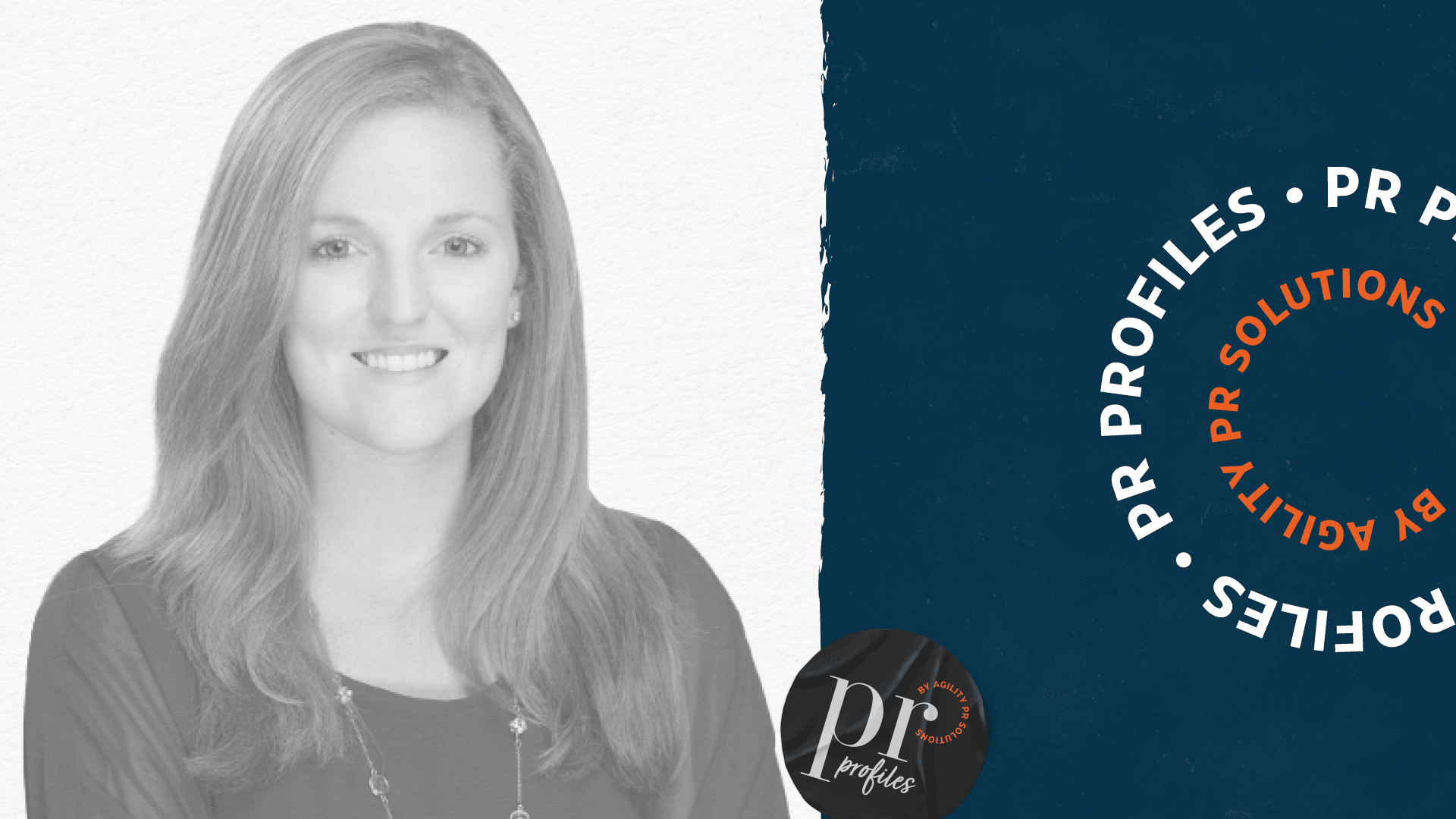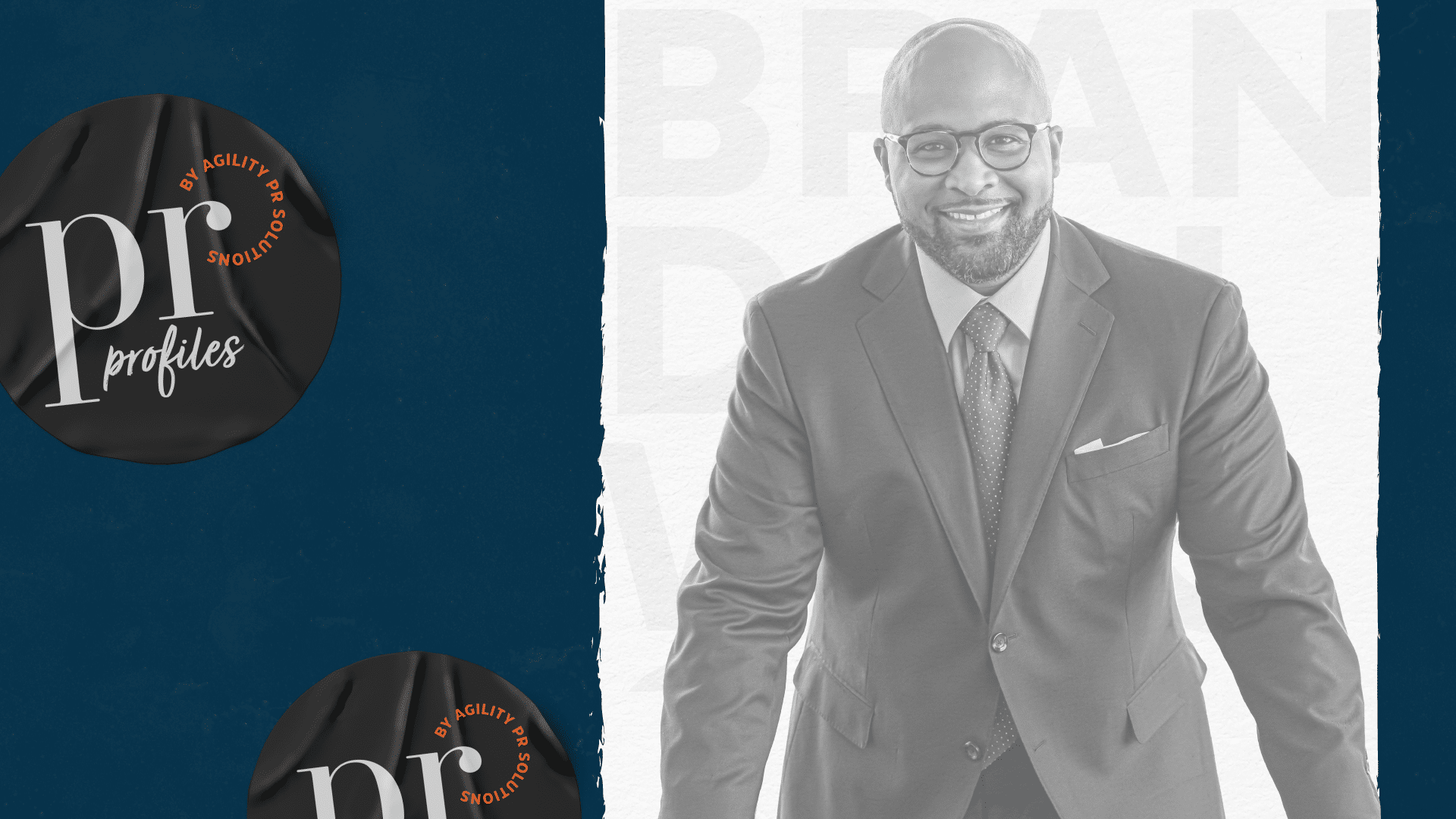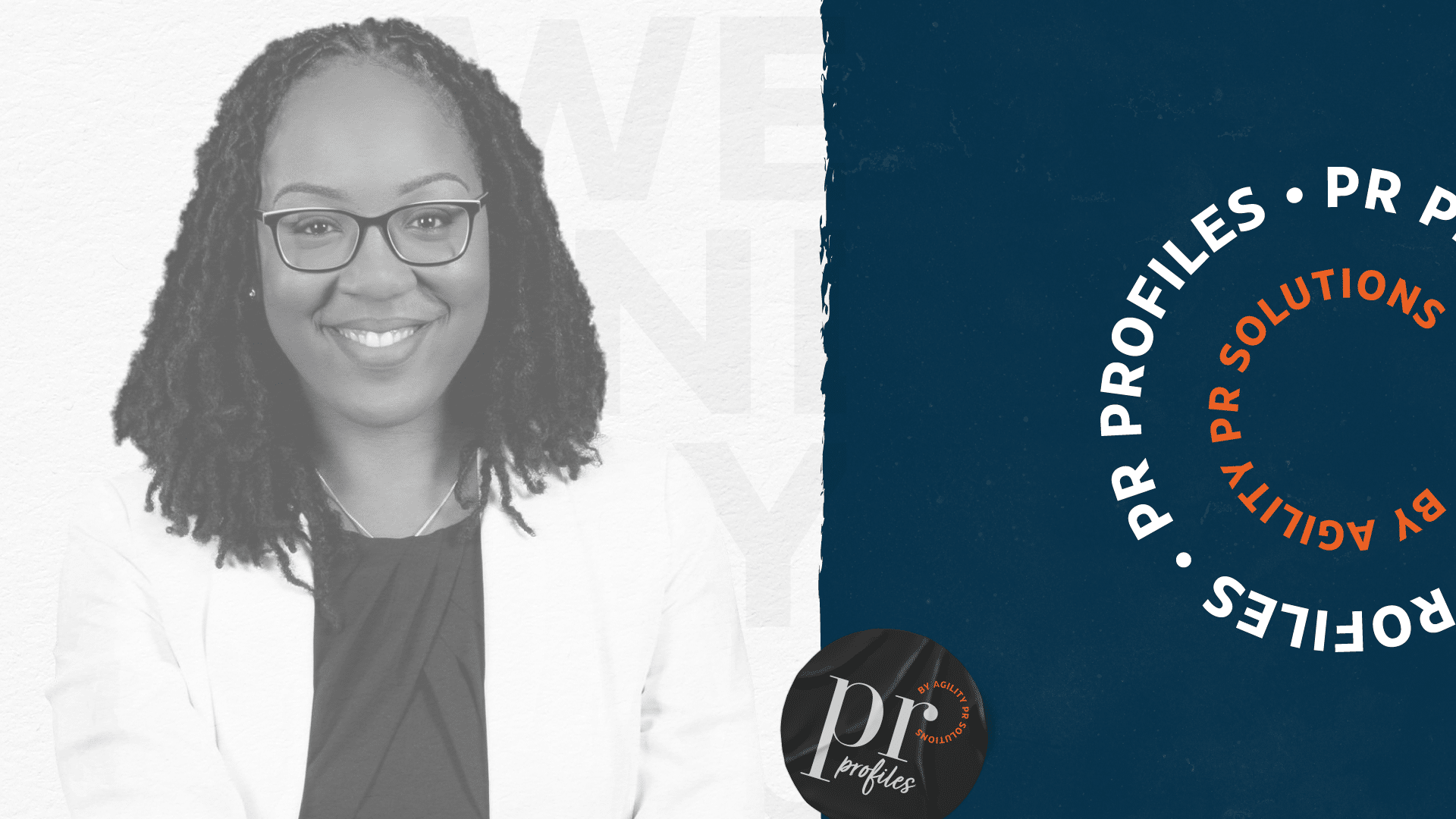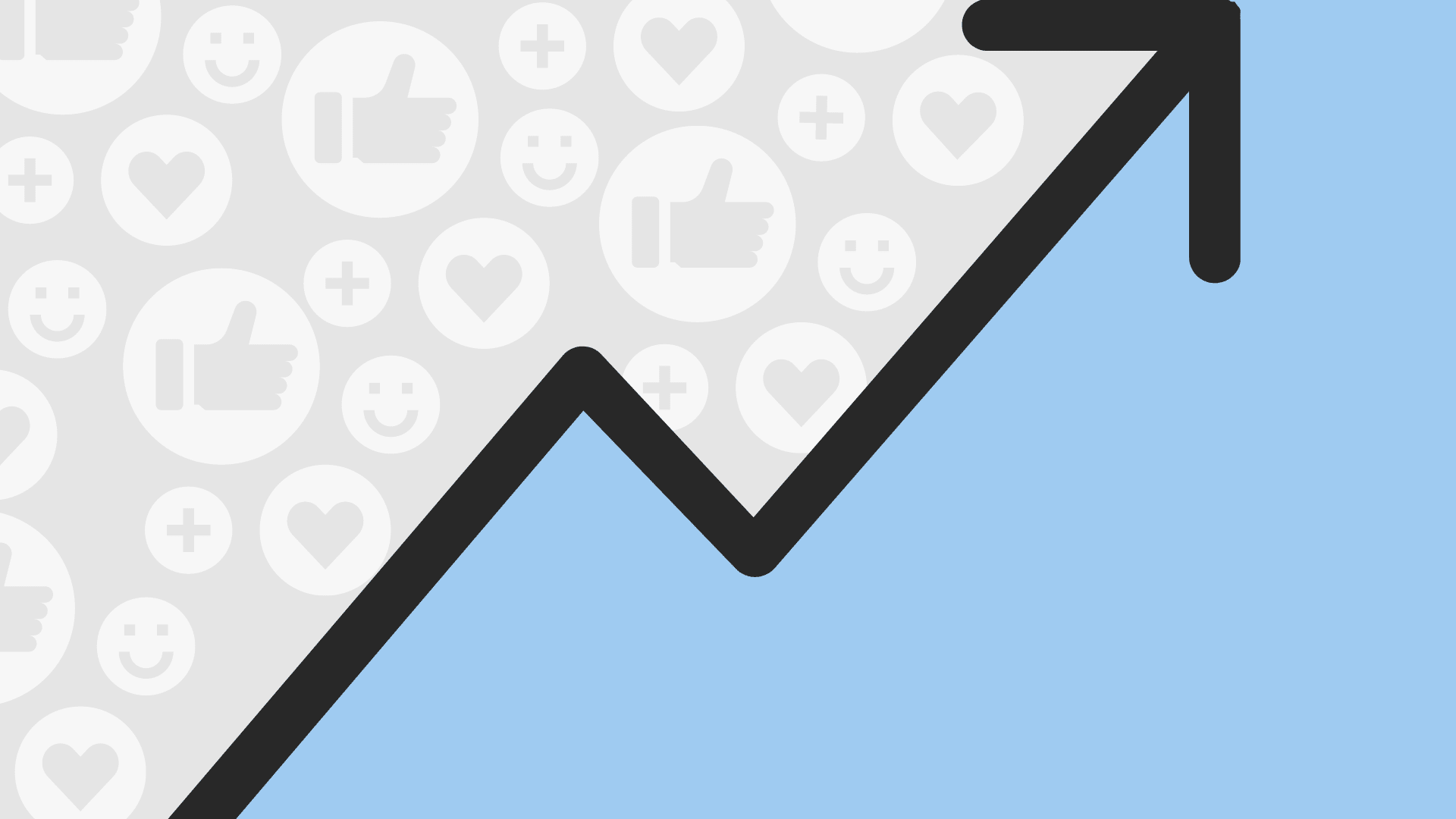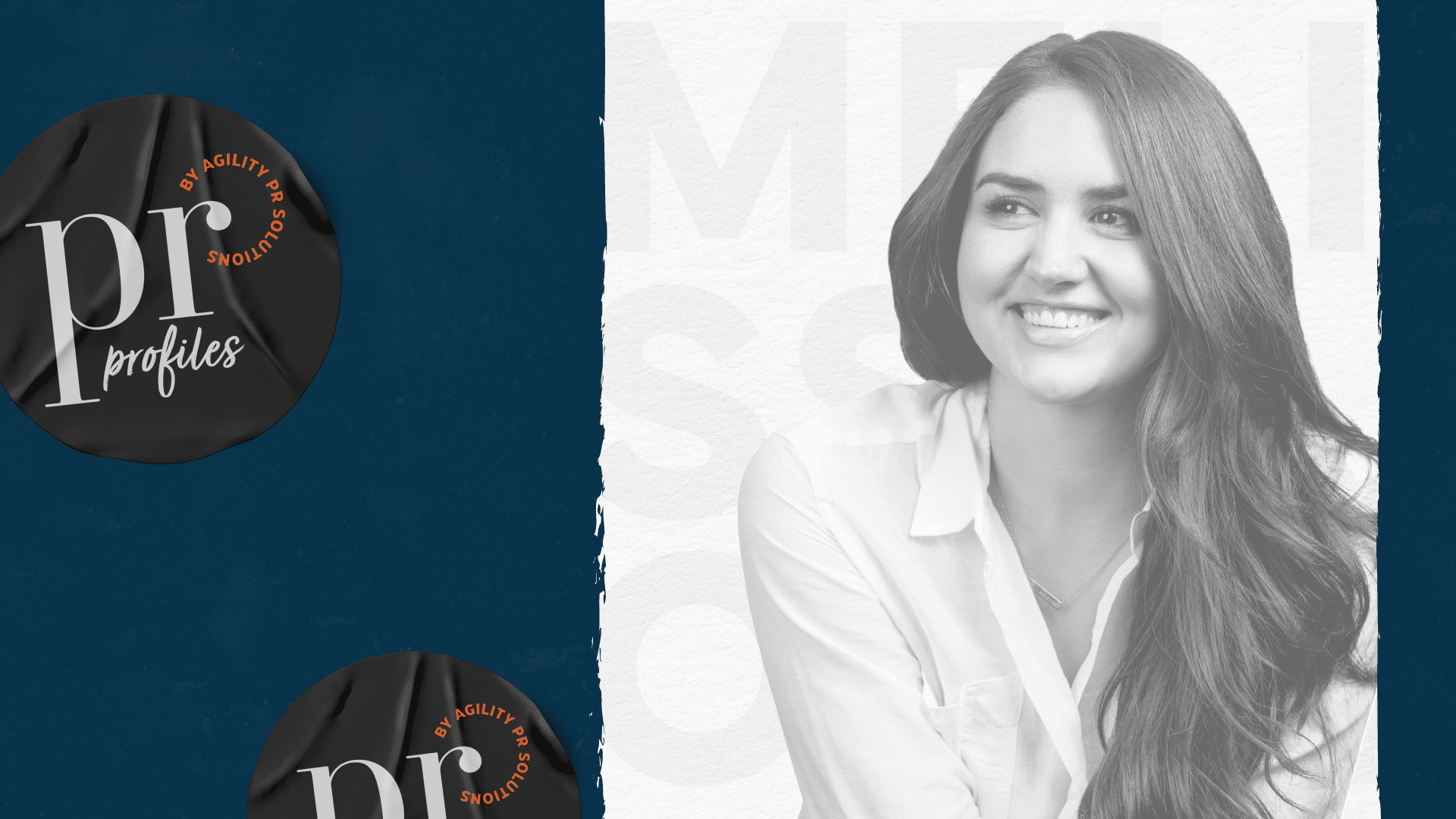Imagine trying to break into a conversation 4.62 billion people are having all at once… As PR, marketing, and comms professionals, you know that tapping into social media is a gold mine of information—but only if you can successfully block out the noise and home in on the conversations that matter to your brand. With a social listening tool in your utility belt, finding actionable insights on social media will no longer be such a daunting task.
What is social listening?
A means to analyze the conversations happening on social media about your brand, product, spokespeople, and services, thanks to the provision of important engagement, sentiment, and trends analysis and insights.
Social listening vs. media monitoring
The headline is misleading—we don’t think it’s an either/or, but a both/and situation. Media monitoring excels at uncovering mentions in traditional, broadcast, and online media. While many providers include social media subscriptions in their platform (like us), if you want greater insight into the social conversations that matter to you while working in a platform designed specifically for social media workflow and analysis, then you’ll want to add social listening to your strategy.
Think of it this way: Media monitoring provides you with social data, but social listening provides you with the insights thanks to sentiment, engagement, and trends analysis.
Sentiment
Sentiment falls into three categories: negative, neutral, and positive. Sentiment contextualizes conversations and engagement. High engagement is fantastic until you realize that 90 percent of the posts are negative and then suddenly, it’s a whole different story.
Engagement
These are the metrics you’re all familiar with—likes, shares, comments, etc. Alone, they may appear to be just vanity metrics, but when used to illuminate the conversations that are resonating with audiences, they act as signposts, signaling for greater exploration.
Trends analysis
Trends allow you to take a step back and see the big picture—before diving into the nitty gritty to see the root cause of any outliers.
Before beginning…
Just like with media monitoring, the relevance of your social listening results depends on the quality of your searches. We recommend including important social handles, hashtags, brand and product names, spokespeople, and competitors.

Image via Tracy Le Blanc on pexels
Who should use social listening?
Do you want to know what your audience and prospective customers are saying about you, your industry, and your competitors?
If you answered yes, then social listening is for you, whether you’re in PR, marketing, social media management, communications, or another function that can benefit from all the available insights waiting on social media.
What are these benefits? We’re so glad you asked! Let’s get into them:
Social listening helps you decide where to focus your attention
Having a presence on every possible social platform might seem like a good way of getting in front of a larger audience, but it’s far better to do a few platforms well than a lot of platforms poorly. Especially if your audience—the people ready and willing to buy your product or service—predominantly uses one or two.
Social listening allows you to compare platform engagement. After taking a deep dive into the platform that’s underperforming, you may find that it’s not worth the effort or that your current strategy needs to be adjusted.
Social listening helps you find user generated content
We wrote an article for CommPRO last year about why user generated content (UGC) could be the key to building a more authentic and trusted brand. One of the reasons is that “UGC is seen as more authentic content by many people, partially because it’s not paid for (there’s no #ad or #sponsored attached to it) and partially because it comes from credible spokespeople: Consumers, not brand marketers.”
If your brand is worth talking about, there’s a good chance people are. In fact, the State of User Generated Content 2022 report from TINT found that 64% of consumers surveyed have tagged a brand or used a hashtag. While it can sometimes seem like social media is a dumping ground for complaints and frustrations, the same report found that 69% of consumers are likely to post on social after having a positive experience with a brand.
Social listening will help you find the positive user generated content which you can then fold into your social strategy. And even better, UGC has a reciprocal quality to it—64% of consumers are more likely to share content if they see a brand they use re-sharing content by customers. So, the more you share, the more they’ll share.
Social listening helps you understand your audience

Image via Andrea Piacquadio on pexels
Every brand wants to know their audience better. As mentioned, the majority of consumers will post after good experiences. While compliments are nice and knowing what you’re doing well should inform your larger, organizational strategy, knowing what people don’t like about your brand has its benefits too. Criticism and complaints aren’t fun to read but they are important when it comes to pivoting your approach, addressing pain points, and improving your customer service.
You’ll want to know if people are having issues with services and products, whether there’s something you should be doing that you aren’t, and most importantly (which segues into our next point nicely), if there is a larger issue that has the potential to explode into crisis.
Social listening helps you maintain positive brand reputation and avoid potential crises
Social listening allows you to see the overall sentiment per platform. If you’re starting to see that engagement is up but so is negative sentiment, you should be taking a deep dive into the posts making waves to see what people are saying. Perhaps they’ve identified an issue and if you’re not quick to investigate and respond, the spark on social will turn into a wildfire.
For more on the topic of crisis communications, check out the top tips from our Crisis Comms Mastery virtual summit speakers and our free Ultimate Guide to Monitoring a PR Crisis and Essential Crisis Communications Prep Guide & Workbook.
Social listening helps you keep track of your industry and competition
This is one of the great benefits of media monitoring too, but with social listening you’ll be able to see what your competitors are posting in real-time and what their customers (who could be your customers) are saying about them. The pros of this are plentiful, such as:
- Learning from your competitors’ mistakes
- Finding gaps in your competitors’ offerings and developing your own solution
- Avoiding posting big announcements at the same time as your competition
- Noting pain points your competition isn’t addressing
Social listening is an invaluable tool for market research. If you’re getting ready to launch a product or want to know why your sales may have stagnated, start your research with social.
Getting started with social listening
The five benefits we’ve outlined are only a sampling of the many ways that social listening can help you improve your products and services, inform your social and organizational strategy, and get to know your audience better.
If you’re interested in learning about our new social listening solution, visit the Agility Social page on our website.



